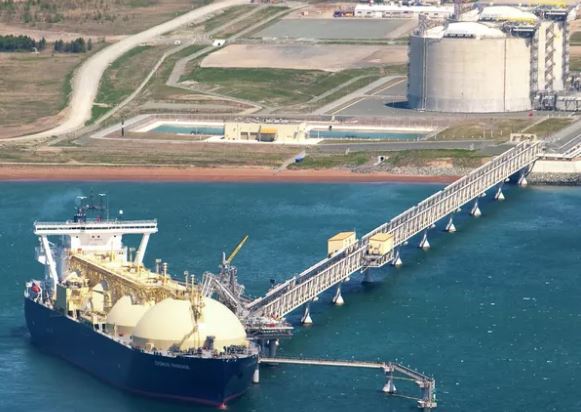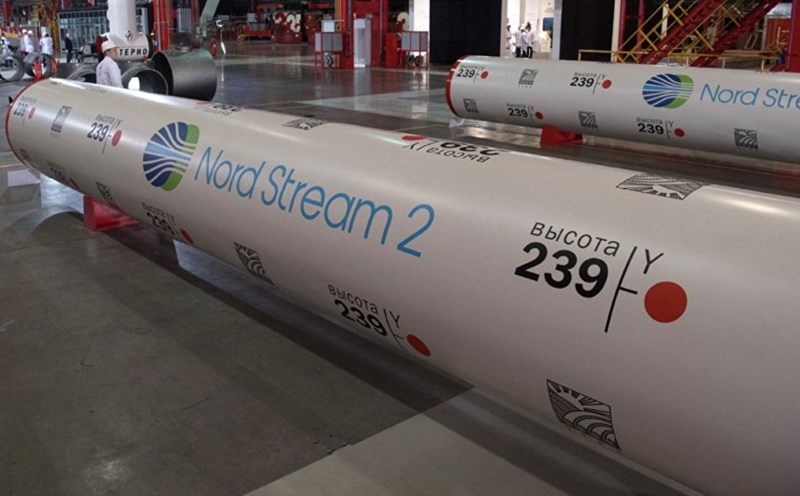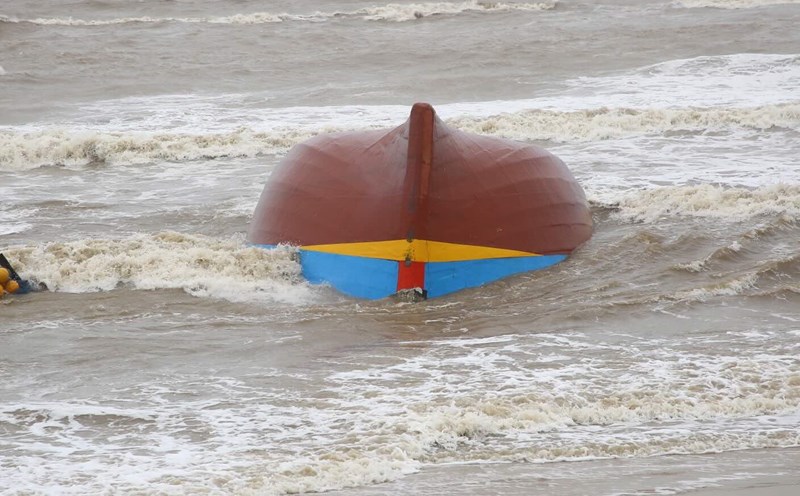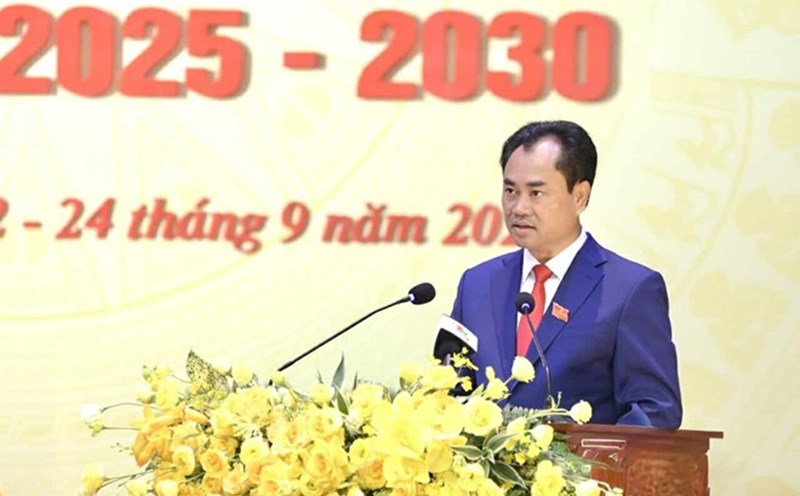At the end of September, after nearly 4 years of debate, the EU suddenly announced a plan to completely ban Russia's liquefied natural gas (LNG) in 2026, 1 year ahead of schedule for 2027.
The decision comes just days after US President Donald Trump harshly criticized European countries for continuing to import Russian oil and gas, indirectly fueling Russia's conflict in Ukraine.
For the European Union (EU), accelerating the ban is a way to show determination and catch up with the US. If approved, it would block Russia's major source of income.
However, the Center for European Policy Analysis (CEPA) pointed out an important weakness of this plan, which is the temporary ban.
Unlike the permanent roadmap to eliminate Russian energy in 2027, the early ban in 2026 only lasts for 6 months and must be periodically extended with the absolute consent of all 27 EU members.
This turned the sanctions into political hostages. If a pro-Russian country like Hungary or Slovakia boycotts it, the entire ban will break. And in fact, these two countries have repeatedly taken advantage of the ballot to wear financial support from Brussels.

Each extension of voting will create instability, trigger fluctuations in energy prices and make EU businesses and consumers suffer the consequences. Spain - a country that has opposed the LNG phase-off roadmap - could take advantage of this mechanism to promote the lifting of the ban in the near future.
If the ban is reversed after a 6-month cycle, Russia will immediately have the opportunity to reappear in the European market. At that time, the EU will not only not escape dependence but also fall into a vicious cycle of prolonged stagnation.
Moreover, Article 15 of the EU energy roadmap allows a temporary lift of the ban in cases of serious threats to security of supply. However, the concept is not well defined and is easily exploited by some countries to legalize the re-entry of Russian gas.
Observers say that EU leaders are taking hasty action to prove a tough stance, rather than relying on thorough assessments. While the long-term goal of both Ukraine and the European Union is to permanently end dependence on Russian energy, a steady move could backfire, weakening the main strategic.
In addition, the inconsistent move has also confused US LNG suppliers, who expect a stable and long-term European market. The uncertainty in policies makes it difficult for them to determine opportunities and investment plans.










